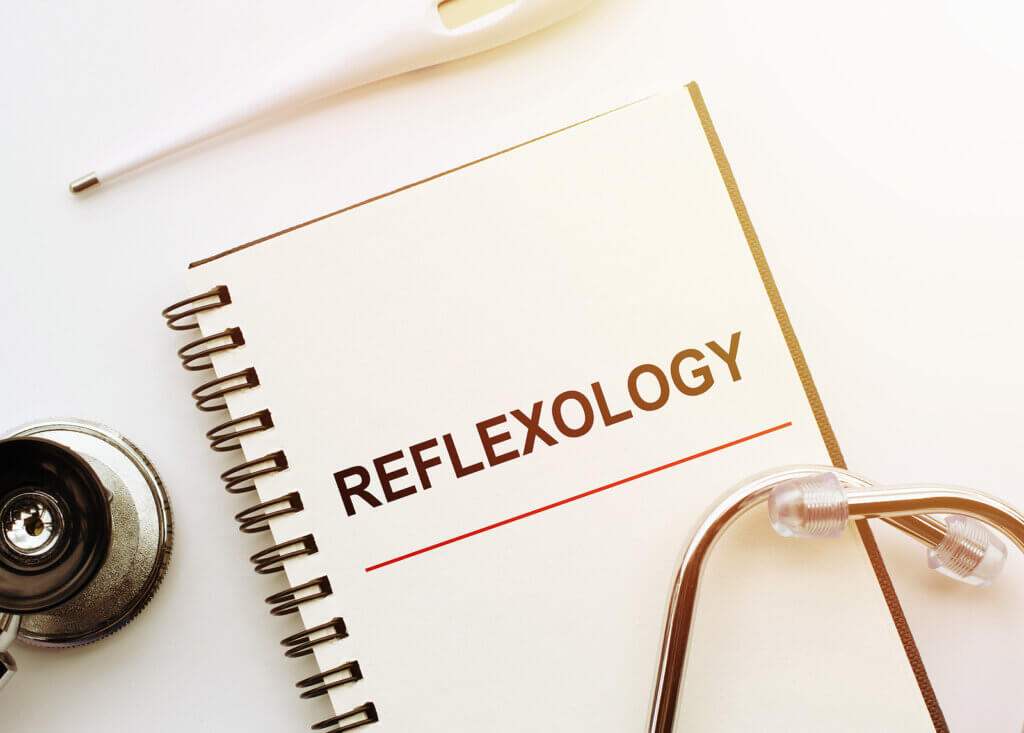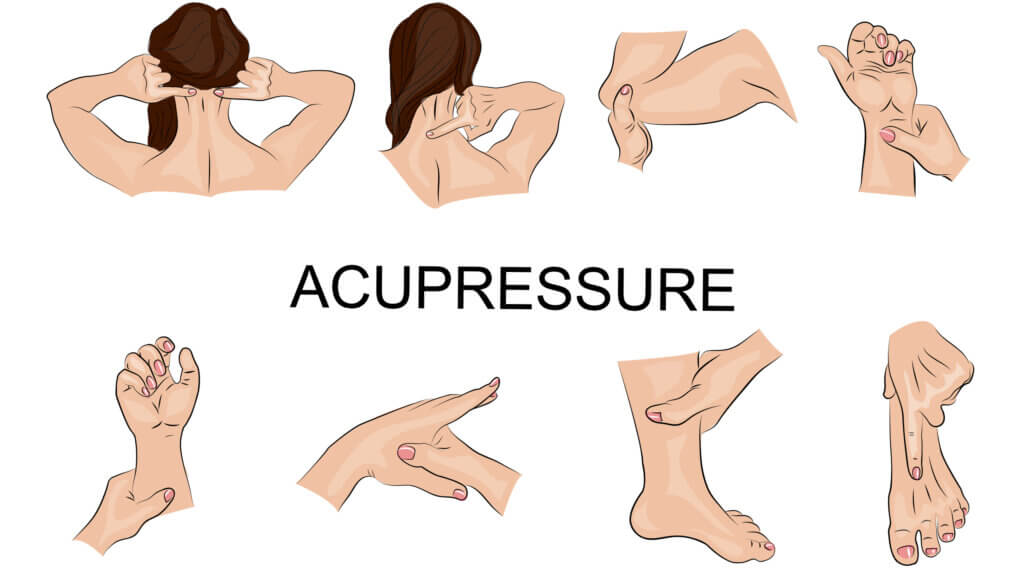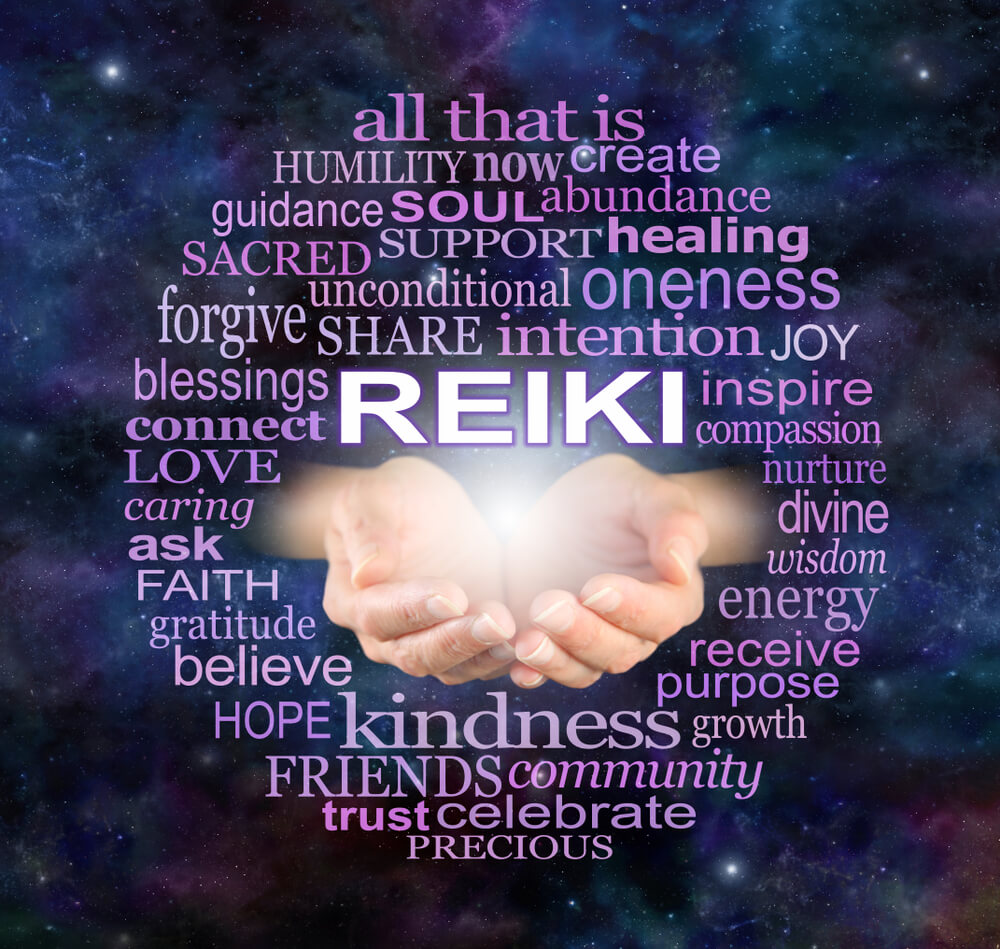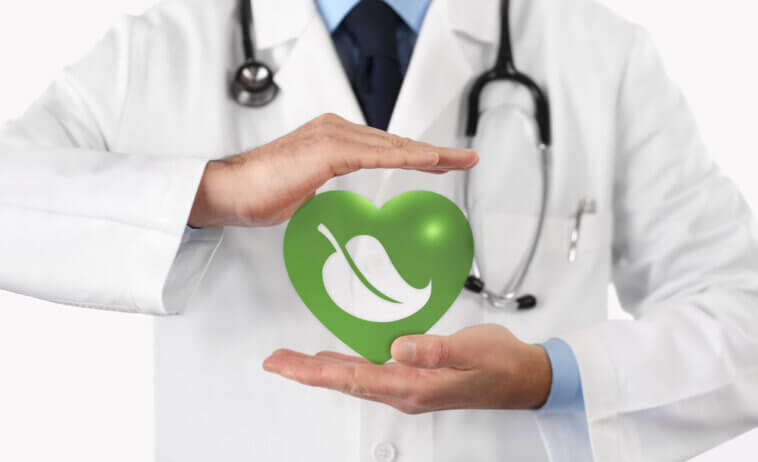Table of Contents
Natural healing is a type of complementary medicine that focuses on the energy centers, or chakras, found in the body. These centers are located along the spine, within the etheric sheath, and are associated with specific parts of the body or emotional issues. The content of this website is for informational purposes only and should not be construed as medical advice, diagnosis, or treatment. Nevertheless, these techniques have been used for thousands of years to treat many ailments, from insomnia to high blood pressure.
Reflexology

Reflexology is a technique in which therapists stimulate certain points on the hands or feet. Reflexologists believe that stimulation of certain areas of the body will directly affect a corresponding organ. There is no medical basis for reflexology, but it may be beneficial for certain conditions. Some examples of ailments treated by reflexology include headaches, asthma, kidney function, cardiovascular problems, sinusitis, and PMS.
The practice of reflexology is a type of pressure therapy whereby specific points on the hands, feet, ears, and other parts of the body are stimulated. These points correspond to various body systems and organs, and the pressure applied to these points is believed to benefit each system. It has been used to treat a variety of health problems, including anxiety and pain. It is also suitable for people of all ages. It promotes deep relaxation and is a non-invasive way to reduce stress and relieve pain.
Dana Apostolik is a Nationally Board Certified Reflexologist and Aromatherapy Expert. She grew up in St. Louis, Missouri, but moved to Charlotte, North Carolina, in 2004. Her passion for holistic health inspired her to become a reflexologist. She founded Sole Healing to help others achieve holistic health. Sole Healing was born out of this interest in holistic health. This healing technique is based on the concept that the body and mind have specific energy zones.
Acupuncture
Although the use of acupuncture is common in many parts of the world, it is not always regulated by law. In fact, some states regulate the practice of acupuncture through their board of medical examiners, licensing, health, or education. Nevertheless, if you are planning to use this natural healing technique to treat your symptoms, you should be aware of the possible risks of the treatment.
While treatment times depend on various criteria, most patients experience significant relief within six to 10 treatments. Usually, less treatments are needed for acute ailments, but a complex or chronic condition may require more visits. Regular maintenance treatments every eight to 12 weeks can further prolong results. The treatment process is believed to alter the body, so it is advisable to avoid physical activities or eating before the treatment. The doctor may recommend a light snack or a drink before the treatment.
Acupuncture promotes a person's immune system response. This allows the body to resist common illnesses and reduces the likelihood of becoming ill. Digestive problems can affect a patient's overall health, so acupuncture helps regulate digestion. It can also increase a person's energy levels, making them more productive. Lastly, the benefits of acupuncture are numerous. It can help improve the quality of life for chronic pain patients.
Acupressure

Acupressure as a natural healing therapy has been in use for centuries. People use it to build their health and to treat various ailments. However, in order to use acupressure for its full potential, it is important to know the current techniques and biomedical applications of acupressure. The current studies confirm its effectiveness in treating many diseases. Here are some benefits of acupressure.
Acupressure is an effective way to resolve back and joint pain caused by poor posture and trauma. It can help resolve respiratory dysfunctions and provide increased oxygen and healing nutrients. Acupressure uses pressure points located on the palms, fingers, wrists, legs, back, and feet. Certain areas of the body are not suitable for acupressure, including the groin and abdomen. Moreover, it is important to consult with a qualified therapist before beginning acupressure sessions.
Acupressure is a gentle alternative therapy that can help relieve the symptoms of many common diseases. It does not involve any invasive methods, and skilled practitioners use their elbows and fingers to apply pressure on the acupuncture points. It is also beneficial for improving skin conditions, toning facial muscles, and relieving muscular tension. And unlike traditional medicines, acupressure is completely natural and can be done by anyone, including those who suffer from joint pain.
Herbalism
If you suffer from chronic illnesses, you may want to consider using herbs as a natural healing therapy. There are many different herbs used for different conditions, and one herb can have several different effects depending on how much it's used. Herbalists may recommend dietary and lifestyle changes to treat a particular ailment. These methods are often complementary to traditional medicine and can be highly effective. If you are unsure of which herb to use, talk to a herbalist to find out which herbs are suitable for your needs.
While herbalists often recommend that people try herbal preparations at home, it's important to research the risks and benefits of different herbs before beginning a new treatment. There are many resources online that provide information on various herbal preparations. You can also visit your local bookstore's health section to learn more about specific herbs. Alternatively, you can visit a local medical library to obtain more information on the proper use of herbal medicines.
Herbalism is an alternative medicine that has been around for centuries. It combines traditional medicine and spirituality. This practice is becoming more popular as patients look for alternatives to conventional medicine. Herbalists can become nurses or physicians, grow herbs, and study plant use as ethnobotanists. They can even teach herbal therapy classes to supplement other professions. Moreover, graduates of herbal medicine schools can become ethnobotanists, which is the study of the uses of plants in other cultures. This is a branch of anthropology and can be further enhanced by studying the uses of herbs.
Reiki

Although there is no concrete evidence to support Reiki as a form of natural medicine, practitioners claim that the energy-based technique has numerous benefits, including pain relief, improved range of motion, and quicker healing. Critics say that Reiki violates the laws of nature, and there is a lack of high-quality research. In a 2009 review, researchers found that while nine out of twelve clinical trials showed some benefit from reiki, most of the studies were not of high quality, and the results of these trials were inconclusive. Nevertheless, the analysis did highlight that reiki does have a variety of health benefits.
In addition to the benefits of reiki, the study found that it improved the functioning of the autonomic nervous system, which regulates heart rate, breathing, and digestion. The autonomic nervous system is the part of the brain that constantly processes information and sends signals to other parts of the body, including the heart. Studies have shown that patients who undergo reiki have higher HRVs and a lower risk of heart disease.
Thalassotherapy
In addition to being a great relaxation treatment, thalassotherapy is also a great way to combat disease. In fact, it is recommended as a treatment for several conditions including rheumatic arthritis, chronic fatigue, and psoriasis. The water is naturally rich in vitamins and minerals, and the process helps the body get these nutrients into the bloodstream. As a result, thalassotherapy helps to eliminate toxins and improve your overall health.
One of the main benefits of thalassotherapy is improved blood oxygenation. The air near the sea is generally much cleaner than in the city, which makes it a good choice for those who have respiratory problems. Additionally, many people with allergies may benefit from increased oxygenation. In addition to the ocean water itself, thalassotherapy involves the application of marine mud and seaweed as part of the treatment. These substances are useful for moisturizing skin and preventing signs of aging.
Seawater has been a natural healing agent for thousands of years. Ancient Europeans used seawater as a remedy for respiratory problems and to cure various diseases. Arabians later introduced sacred sea baths to southern Europe, which continued in Portuguese areas until the early 20th century. Modern-day thalassotherapy is now widely available and more affordable than ever before. Many spas, hospitals, and health spas offer treatments in this technique.
Aromatherapy
A variety of essential oils are used in aromatherapy, a treatment that uses the fragrance of plant extracts to treat various ailments. These oils are either breathed in through the nose or applied to the skin. Some people also apply the oils to their bodies while receiving a massage or a bath. The oils are extracted from various parts of plants, and many of them have proven to help relieve stress, anxiety, and depression. If you want to try aromatherapy for yourself, here are a few benefits to start.
Essential oils are highly concentrated plant extracts with unique combinations of active ingredients. They promote physical healing, including reducing swelling and removing fungal infections. They can also enhance relaxation and make a room smell pleasant. Orange blossom oil, for example, contains a large amount of calming and uplifting active ingredients. The benefits of aromatherapy are often best understood after a consultation with a clinical aromatherapist. These professionals understand the limitations of their profession and provide sound guidance to maintain optimal health.
Essential oils are a wonderful addition to your life. While some oils may be more effective for you than others, there are some that you should avoid. Some essential oils are highly stimulating and should be avoided by pregnant women or people with a history of seizures. Those with high blood pressure should avoid essential oils that contain estrogen-like compounds. People who are receiving chemotherapy should also speak to their doctors before using essential oils. However, if you are unsure about which oils are best for your condition, you should always consult with a professional aromatherapist.




Comments
Loading…